Peer Training and Quality Framework
What is peer training?

-
A horizontal process
The method of peer training is based upon the belief that young people deliver a message to their peers that is often more credible and efficient than when it is delivered by authority figures. Contrarily to formal education settings where the transmission of knowledge is vertical (typically: a lecture delivered by a teacher to its pupils), peer training is a horizontal process where peers educate each other in a spirit of mutual learning. It assumes that all individuals are both learners and teachers and that the knowledge of a group is necessarily greater than the knowledge of one individual.
Peer training methods have been used by many over the years, from upholding the theories of Aristotle to joint educational systems, which were very popular in Europe in the 18th century.
Peer training is now an increasingly important form of non-formal education in the youth sector, providing opportunities for youth empowerment through the development of self-awareness, social consciousness, special skills or talents, intercultural competencies and community-based projects. It requires a pedagogical reflection about how to support young people in the long term to develop competences such as a growth mindset, self-awareness, self-confidence, communication skills, teamwork skills, public speaking skills, facilitation skills, leadership skills, etc. Therefore it entails to designing training processes for young people, defining learning outcomes, and creating mechanisms to support youth in assessing, improving and transferring their competences in their personal and professional lives constantly.
-
A form of social action
Education is never neutral. It is either designed to maintain the existing situation, imposing the dominant culture, knowledge and values; or education is designed to liberate people, helping them to become critical, creative, free, active and responsible members of society. People will act on the issues on which they have strong feelings. Training is a way of identifying issues of importance NOW to youth, generating critical thinking and motivation to participate in addressing social or political issues.
Peer training is, as an independent process, a political action that facilitates youth participation in society. Through training, young people experience intercultural microcosms, learn to articulate values and concerns, gain valuable skills, and can be motivated to take social or political action. Whether they are conscious social or political actors, or merely getting through life, youth have influence in a variety of sectors. The great potential they have to make positive contributions to society with consciousness and intention has not been fully tapped.
Educating and supporting young people as change agents of any kind can ultimately inspire a general evolution in the culture at large. Adults, organizations, and institutions can consider youth perspectives and needs when making decisions. If the general youth culture has an intercultural consciousness and demonstrates new competences to succeed in a diverse world, many other sectors in society will follow.
-
Our approach
Materials and tools used by the partners in the process of developing this programme are built upon internationally recognised pedagogical programmes and frameworks, the most notable being:
- the ‘Peer training programme’ of the Anti-Defamation League A WORLD OF DIFFERENCE® Institute;
- the Y-Peer methodologies for peer-education
- the award-winning Belieforama™ (religious diversity and anti-discrimination training) programme of CEJI-A Jewish Contribution to an Inclusive Europe;
- the ‘Learning for Well-Being’ framework of the Learning for Well-Being Foundation.
The partnership has brought an unique expertise in combining peer training, experiential learning and diversity education. The training format creates a highly participatory, experiential and interactive environments where participants develop self-awareness, genuine communication, impactful engagement, metacognitive abilities and competences of leadership, facilitation, role-modelling and project management.
-
Peer training standards
In the EPTO network we have designed a comprehensive list of standards for peer training programmes. By “standard”, we mean a (required or agreed) level of quality or attainment, and/or something used as a measure, norm, or model in comparative evaluations.
These standards are important in order to:
- assess the quality of the peer training programmes (and those of its member and partner organisations);
- provide all players in the field with a “checklist” of quality criteria to consider when designing peer training programmes
- assist other entities wishing to improve their services through a standardisation of trainings.
This framework was the one adopted when developing the “Peers for Equality” peer training programme, ensuring its quality and relevance in the EPTO “catalogue”.
Peer Training Standards
STANDARDS |
EXAMPLES (“EPTO'S WAY”) |
ASPECT I: HORIZONTAL LEARNING ENVIRONMENTThe ‘How’: methods |
|
|
S01) Peer factor(s) should connect the participants in the training. |
Definition of target group; recruitment strategy based on member youth or youth-serving organisations |
|
S02) The peer factor(s) should be explored and built upon to create connection and sense of belonging to the group. |
Pedagogical activities to get to know each other and explore own identity. |
|
S03) Ethics of equality, inclusion and respect for diversity should be guaranteed and put into action throughout the training. |
Values and historical core business of the organisation.
|
|
S04) The underlying principles of peer training should be presented to the participants and put into action throughout the training. - Mutual learning: all individuals are both learners and teachers. - Collective knowledge: knowledge of a group necessarily greater than knowledge of one individual. - Legitimacy & role-modeling: a message delivered by peers is more credible and efficient than delivered by authority figures. - Peer training as part of non formal education in the youth sector. |
Introduction session presenting peer training assumptions. |
|
S05) The training should generate critical thinking, not impose any preconceived message or deliver content dictated by authority figures. |
Values and governance model of the organisation.
|
|
S06) Competent facilitation should be ensured to manage the group process. |
Certification and competence framework of facilitators. |
|
S07) A safe and supportive environment should be set up to encourage participants to take responsibility for their learning process. |
Building the foundation. Team-building activities. |
|
S08) A common ground should be reached to create a sense of ownership and provide the group with a safety net in case of conflict. |
Ground rules. Hopes and Fears (not only the facilitator's responsibility to match expectations – ownership of the group in their learning). |
|
S09) Experiential learning should be fostered for participants to live meaningful experiences, empathize and relate. |
Learning cycle. |
|
S10) Formats of activities should be diversified as much as possible to match participants' inner diversity and learning patterns. |
Diversify formats of activities. Expertise on inner diversity/learning to learn.
|
|
S11) Flexibility should be ensured to leave space for participants’ ideas and to respond to the group's needs. |
Monitoring tools. Daily debriefing between facilitators. Regular check-ins and check-outs to get the group's feedback. |
ASPECT II: TRANSFERRABLE LEARNING OUTCOMESThe ‘What’: competences |
|
|
S12) Pedagogical processes and activities should be designed according to where young people start from (BEFORE the training). |
Recruitment strategy and procedure based on member organisations. Application forms (with expectations and contributions. (Skype) interviews. Symbolic commitment (contract). Initial self-assessment form (focused on competences). Learning diary/journal. |
|
S13) Realistic and achievable learning outcomes should be defined to ensure that learning happens DURING the training. |
Competence framework. Agenda samples. |
|
S14) Mechanisms and incentives should be created to support young people in improving, transferring and utilizing their competences AFTER the training. |
Recognition tools and systems. Evidences of practice. Mentoring. Workshop opportunities. Additional trainings and curricula. Peer trainer agreement with roles and responsibilities and use of the manual. |
ASPECT III: SUSTAINABLE SOCIAL IMPACTThe ‘Why’: effects |
|
|
S15) The training should enable youth to deal with issues affecting them directly. The pedagogical process should include activities on social action. |
Entire unit of pedagogical programme dedicated to social action. |
|
S16) The training should enable youth to be multipliers. Participants should have opportunities to practice and improve their facilitation skills. |
Second training of certification process (train-the-trainer) dedicated to the practice of facilitation. Workshop opportunities. |
|
S17) The training should enable youth to be agents of social change. A close follow up of the training and participants should be carried out. |
Sending pedagogical resources to the participants. Offering pedagogical consultancy. Online platform. |
|
S18) The impact of the training should be assessed. |
Mid-term evaluation. Participants' activity reports. Reports from member organisations. |






 Гэты твор твор даступны на ўмовах
Гэты твор твор даступны на ўмовах